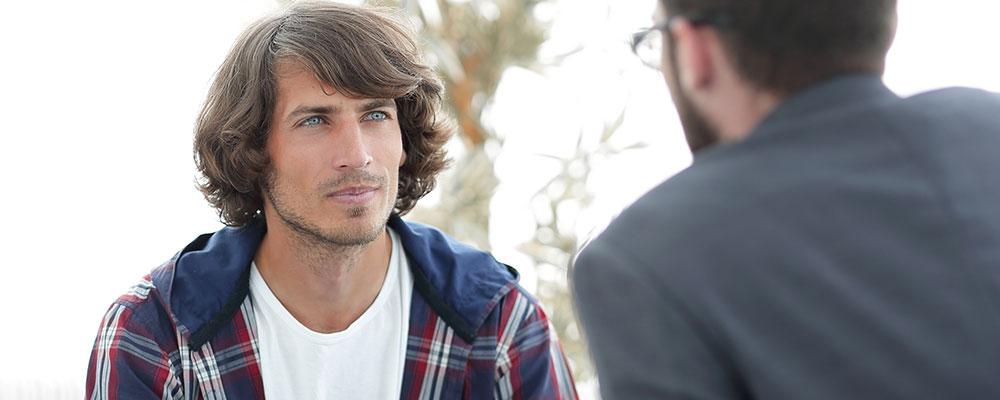Drug Diversion Program Lawyer in San Jose

Santa Clara County Attorney Helping Clients Seeking PC 1000 or Prop 36 Participation
In the state of California, certain drug offenses are treated differently under the law than other crimes are. If you have been caught with a small quantity of illegal drugs, for example, it might not make much sense to commit you to jail for a long period of time, especially if it is your first offense. For this reason, California lawmakers have created several drug diversion programs that help non-violent drug offenders avoid being formally convicted. If you or someone you love is facing drug charges, the experienced team at Fuller Law Firm can assist you in exploring your eligibility for such programs.
California's PC 1000 Diversion Program
The most commonly used drug diversion program in the state is a Deferred Entry of Judgement (DEJ) program described in California Penal Code Section 1000. Also known as PC 1000, this pre-trial program allows a first-time drug offender to complete drug treatment instead of being put in jail. Not all drug offenses qualify for PC 1000, however, as participation is typically limited to those charged with:
- Possession of a controlled substance;
- Drug paraphernalia possession; or
- Being under the influence of a controlled substance.
To be eligible for PC 1000, the defendant may not have a previous drug or felony conviction within the last five years. If there is a drug conviction in the defendant's history, it may not have involved violence or the threat of violence.
If the defendant is found to be eligible for the PC 1000 program, prosecutors and the court will determine the type of treatment, rehabilitation, or education program that is most appropriate. Once the defendant completes the program—which can last up to 18 months—the charges will be dismissed, and the arrest will be sealed on the defendant's record.
Understanding Proposition 36
For those who are not eligible for the PC 1000 pre-trial diversion program, a separate program under California's Proposition 36 may offer some help. Prop 36 was passed by California voters in 2012 to modify elements of the state's Three Strikes Law. Under Prop 36, a person who has been charged with a non-violent, low-level drug crime may be able to receive probation instead of jail time by completing a drug treatment program and following other rules set by the court.
Unlike the PC 1000 program, Prop 36 does not result in a dismissal of the charges; the conviction still stands. As a result, PC 1000 is generally preferable if it is available. However, if a defendant does not qualify for PC 1000, or begins the program but does not complete it, Prop 36 could still provide an alternative to jail time.
Exploring Your Options
Attorney Cory Fuller has more than 10 years of experience in helping clients charged with drug crimes. He and his team are equipped to help you explore your options regarding drug diversion programs. We will sit down with you and discuss your case so that you fully understand how the various programs could affect your life and whether or not you might qualify. From there, we will work to build a case that shows prosecutors and the court that you are serious about turning your life around and avoiding future mistakes. No matter what obstacles you may be facing, we pledge to remain at your side every step of the way.
Call 408-234-7563 Today
To learn more about drug diversion programs in California, contact the San Jose office of Fuller Law Firm. Call 408-234-7563 to schedule a free consultation with a member of our team today. Our firm serves clients throughout Santa Clara County, Alameda County, and the surrounding areas.






